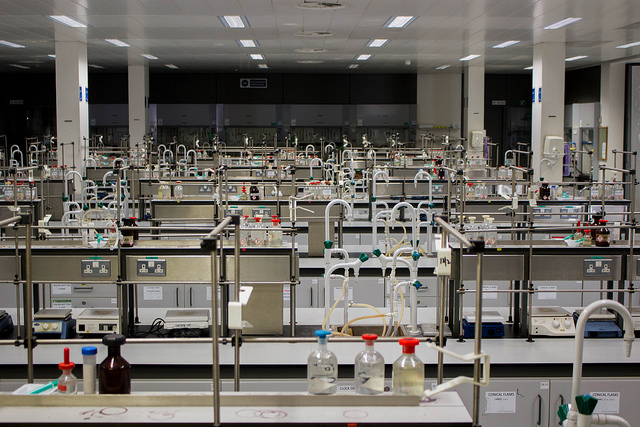Ireland’s research framework has been rated as well above the EU average in the European Commission’s annual Innovation Scorecard.
The Irish research framework is 133 per cent as strong as the mean EU figure. The rating takes into account performances in international co-publication, academic citations and foreign doctorate students.
The Scorecard classed Ireland as a “strong innovator” – the second-highest tier in Europe – along with Austria, Estonia, France, Germany, Luxembourg and the Netherlands.
Ireland also performed well in employment in knowledge-intensive activities, at 178 per cent of the EU average.
The top tier, known as “innovation leaders”, is made up of Sweden, Denmark, Belgium and Finland.
The report rated Ireland’s level of innovation to be 121 per cent that of the European average. Since 2018, this score has fallen from a peak of 128 per cent.
This decrease is attributed to reduced “government support for business R&D (research and development), business R&D expenditures, employment in innovative enterprises, sales of innovative products, and environment-related technologies”.
Europe’s leading innovator, Sweden, scored at 156 per cent of the EU average, increasing its score year-on-year by 8 per cent.
Overall, Europe’s innovative ability improved by 12.5 per cent in 2021.
One area where Ireland still falls behind the European average is environment and sustainability.
The scorecard attributes this poor performance to a low circular use rate, which is the proportion of materials a country uses that can be recycled or recovered to be fed back into the economy.
Ireland’s circular use rate of only 1.6 per cent is more than seven times lower than the EU average.
Ireland also scored below the EU average in metrics for greenhouse gas emissions intensity and for sustainable innovations.
The country’s strongest performance came in “linkages”, a measurement of co-operation between innovative small and medium enterprises, public-private partnerships and other metrics of the economy’s connectivity. Ireland performed at 152 per cent of the EU average in this category
Ireland also excelled in the use of information technology, scoring at 140 per cent of the EU average. This section took information communications technology training as well as the employment of technology specialists into account.
Ireland’s poorest score at 62.5 per cent of the EU average came in “Intellectual Assets”. The country has relatively low rates of patent, trademark and design applications, which have not improved significantly since 2014.
Since 2008, Irish universities have dropped steadily in research spending rankings among OECD countries, according to a report published by the Department of Enterprise, Trade and Employment in January this year.
In 2018, Ireland was ranked 23rd out of the 37 countries, a fall of nine places since 2008.
The report also found that Ireland ranked eighth out of 31 OECD countries with respect to female researchers in the higher education sector.







